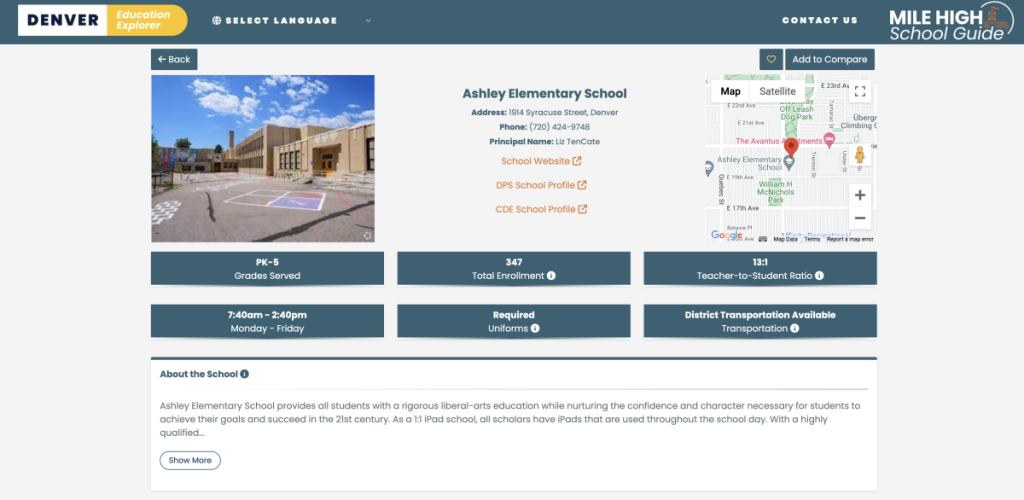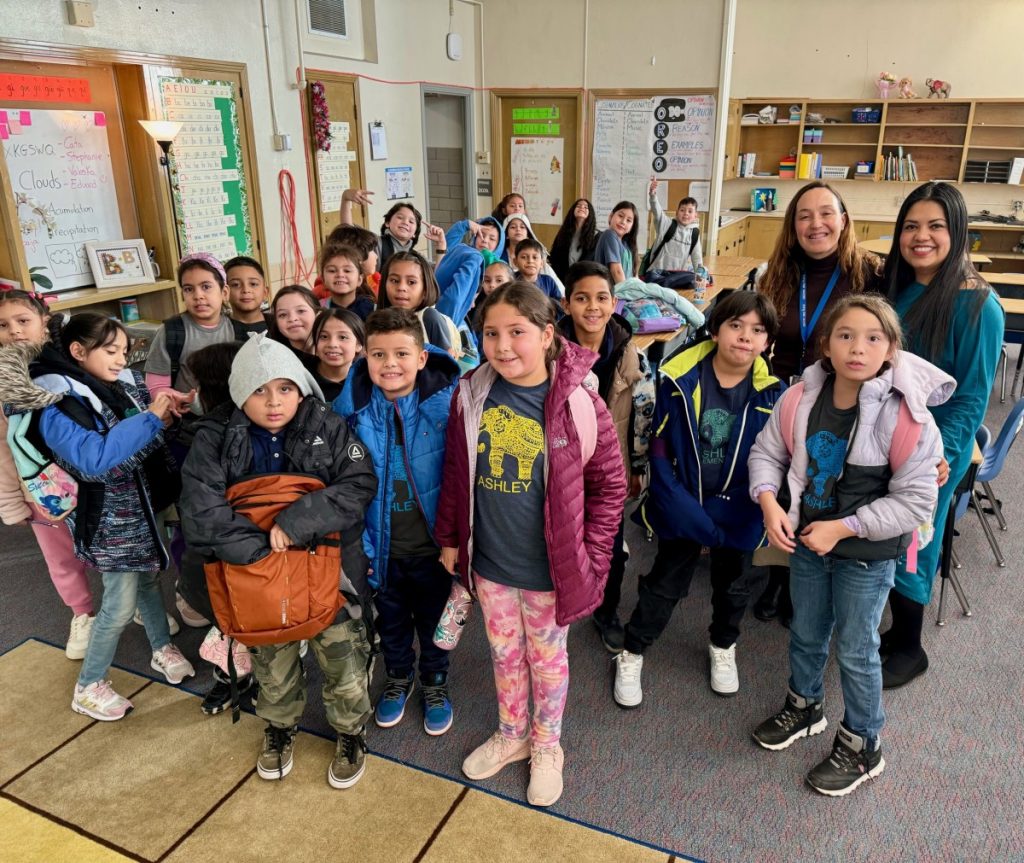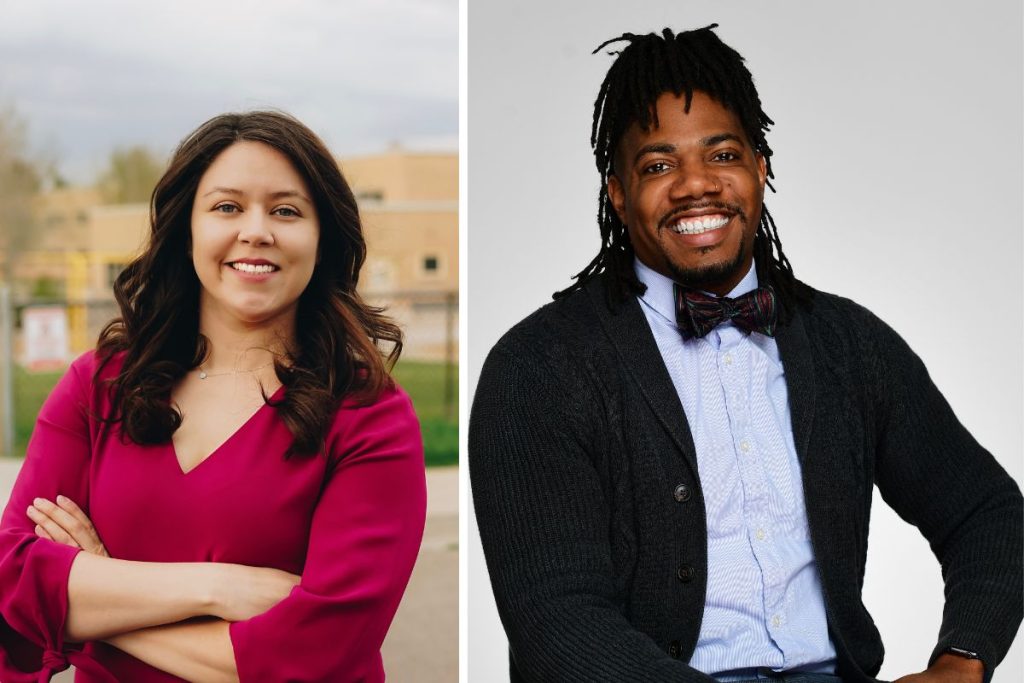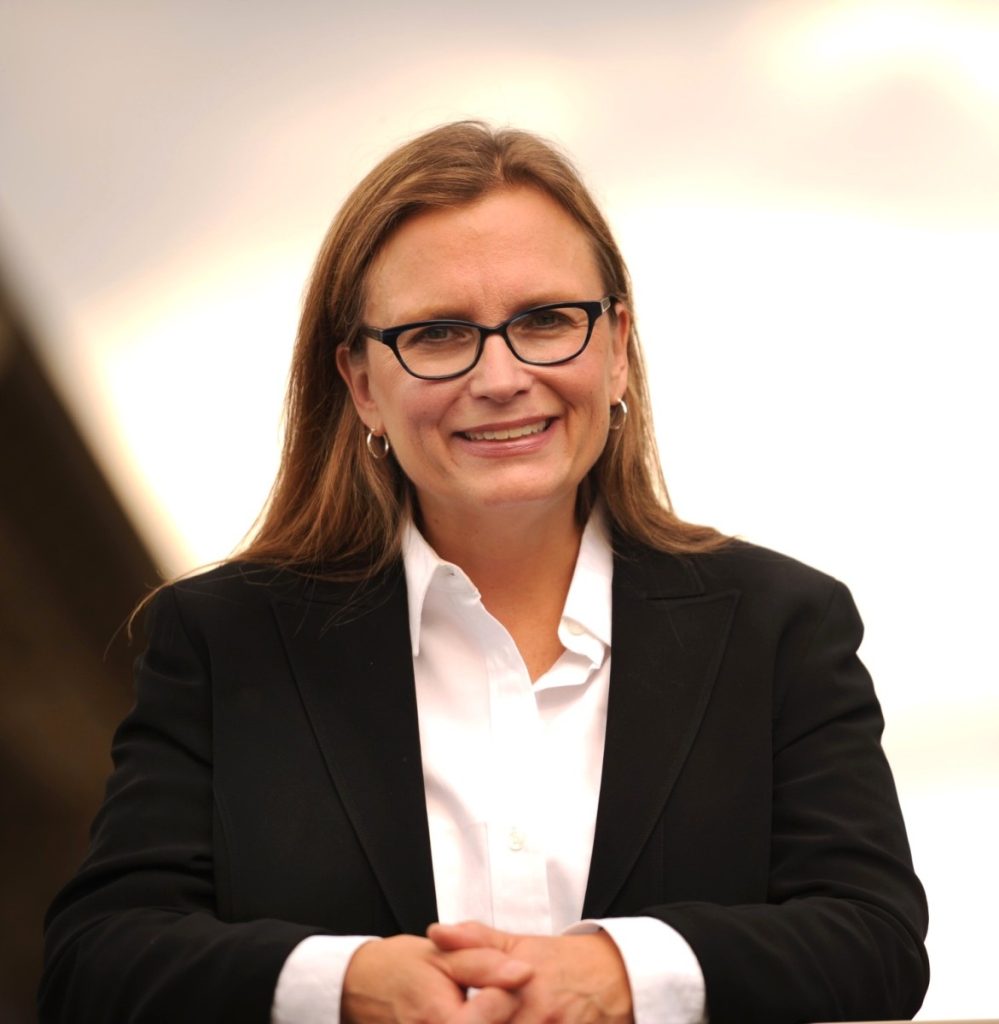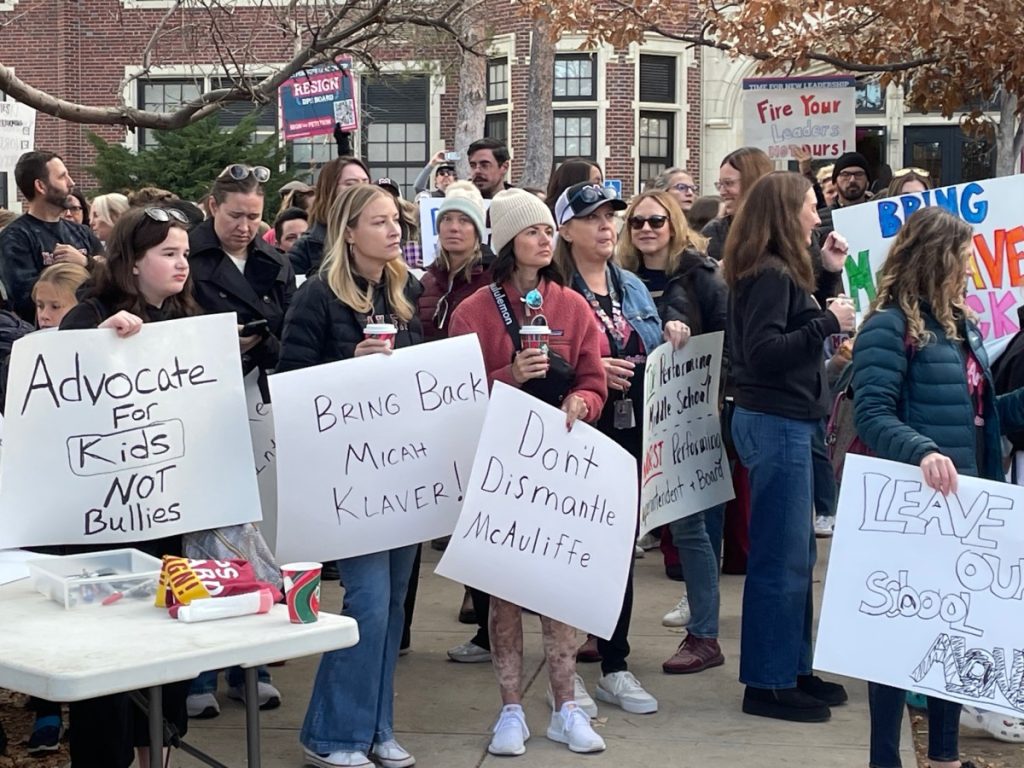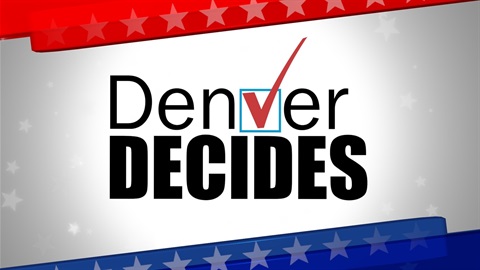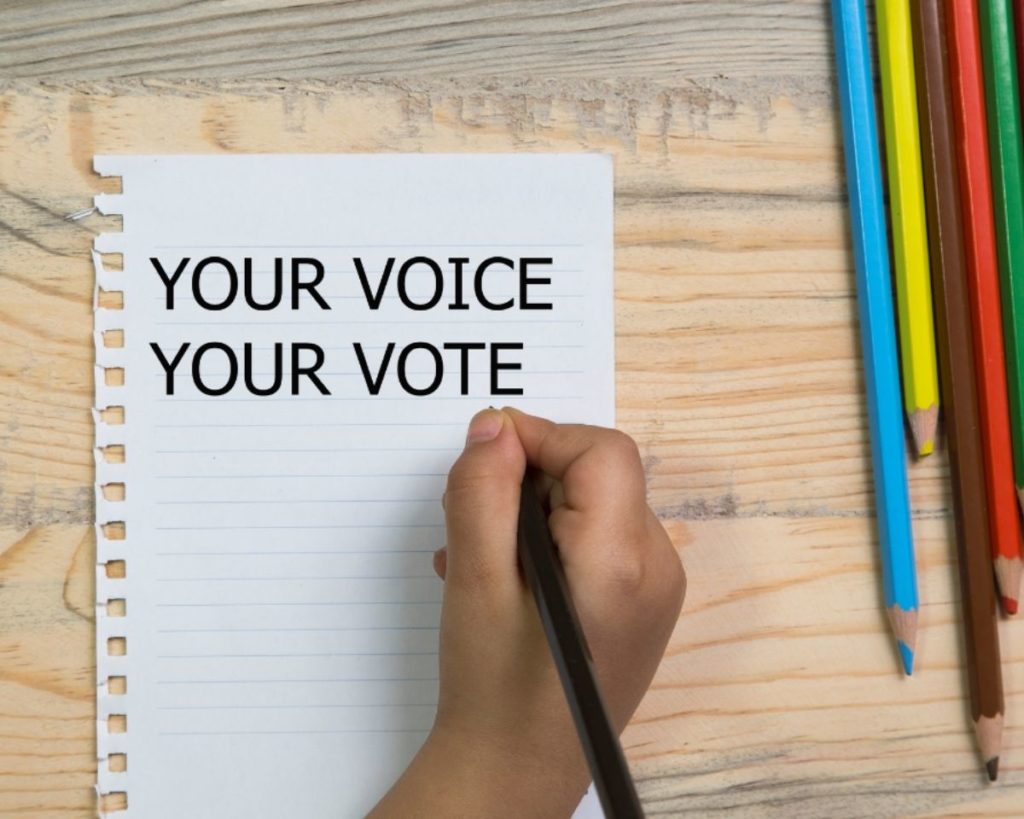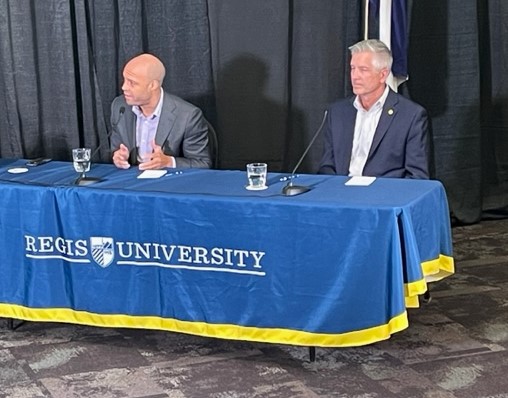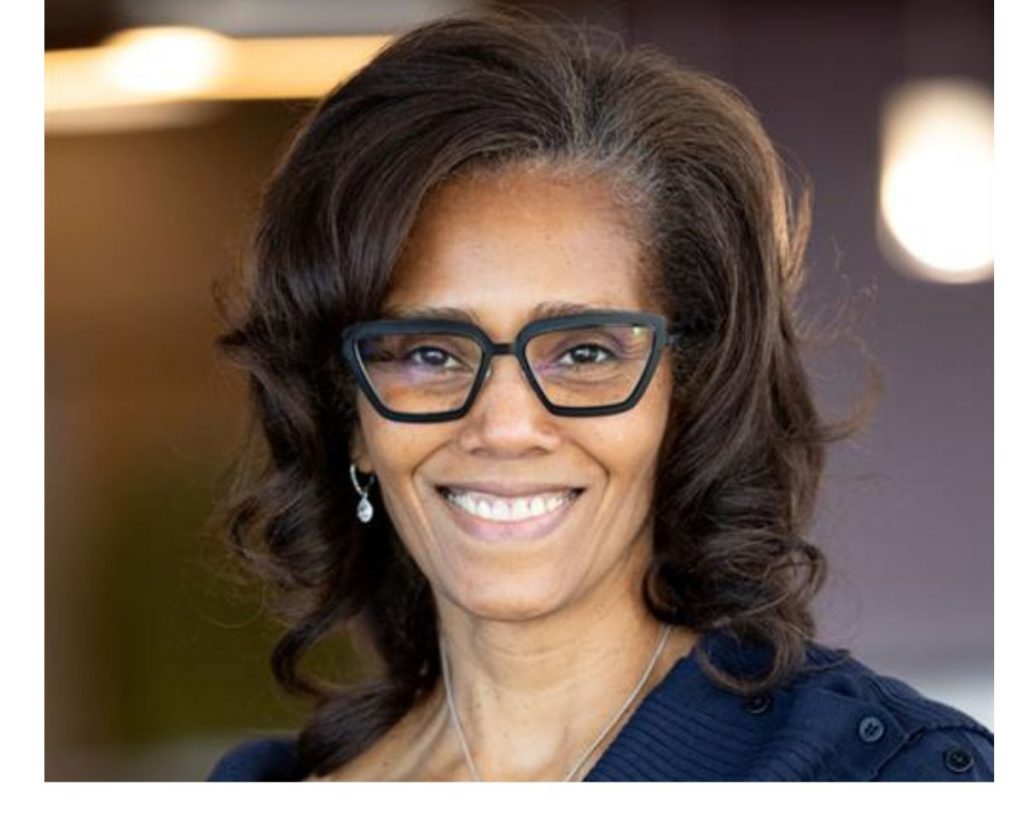Filling a gap: Introducing the Mile High School Guide
The guide provides detailed information about each school, allowing the community to view and compare academic information, student and teacher demographics, social-emotional supports, enrichment opportunities, parent survey results, and more.
Filling a gap: Introducing the Mile High School Guide Read More »

